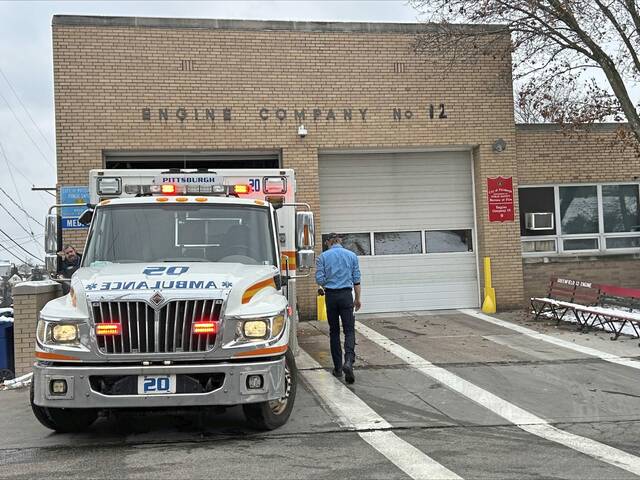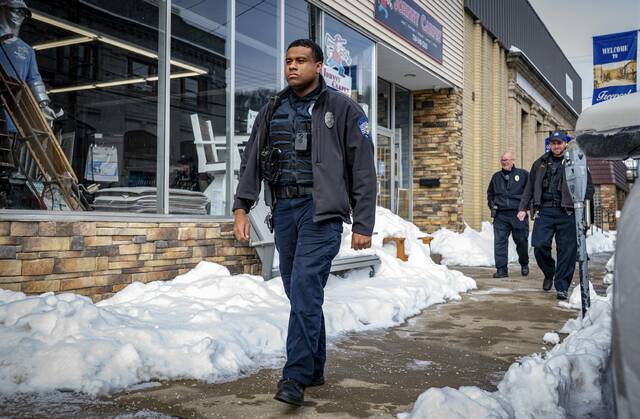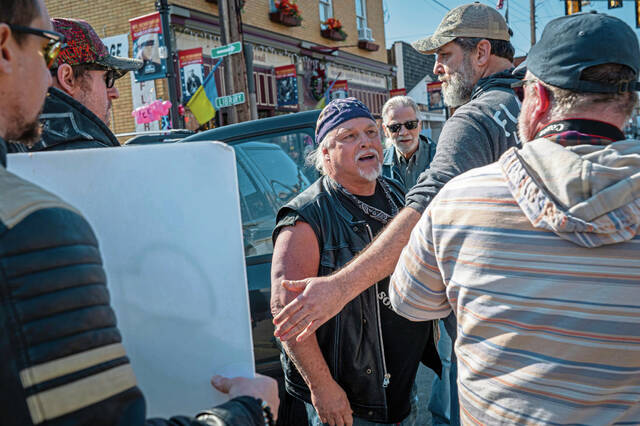Police enforce accountability — sometimes through arrests, sometimes through simply maintaining order.
It is understandable that the public expects police to be accountable as well. It is confusing to have the law stand in the way of that.
If an officer is fired for some kind of abuse of power, that should be the end. Yes, there should be a process that governs those steps, as there is with any employer. But that process should follow clear rules and acknowledge the unique responsibility of a police officer.
Act 111 creates an additional layer of complication that works against the idea of protecting and serving.
Under this 1968 state law, unelected arbitrators can overrule the decisions of police chiefs, mayors and city councils. They can order officers back to work even after misconduct so severe that taxpayers have paid millions in settlements or that victims have won restraining orders in court.
This isn’t justice. It’s barely government. It’s a twisted knot of legislation that undermines the very idea of law enforcement.
And it isn’t theoretical. There are multiple examples of how Act 111 has failed Pennsylvanians.
In Pittsburgh, Officer Keith Edmonds used his Taser on an unarmed homeless man 10 times; the man died and the city paid an $8 million settlement. In another case, Officer Aaron Fetty was fired after a court found he had sexually assaulted a fellow officer.
In Philadelphia, Lt. Marc Hayes was fired for sending pornographic bestiality videos to subordinates.
All three men were fired for cause. All three are one state Supreme Court ruling away from getting their badges back because of arbitration decisions.
It’s important to look at these cases because they show that Act 111 does not do what it might appear to do: It does not protect police officers.
In two of these cases, the victims were other police officers or employees. When trust within a department is undermined, it affects every member of the force — and every member of the public those officers serve.
Arbitration that dismisses the hard decisions made by chiefs, departments or municipalities damages that trust. If people know that such officers can return to duty, how do they trust that the officer at a traffic stop is one of the good ones?
It also discounts the authority of the chain of command. How can a police chief maintain discipline or a municipality enforce policy if bad apples know there is nothing that can’t be overturned later?
That’s why some of Act 111’s sharpest critics come from within law enforcement. The Pennsylvania Chiefs of Police Association calls it “unacceptable,” noting that reinstating fired officers “undermines public safety.”
This is not about politics. It is not a criticism of police. It is about giving police departments the authority to do what needs to be done — something the law seems happy to do in every other case.
There should be no job that exists beyond discipline. There should be no state that is comfortable dismissing accountability this way. State lawmakers have ignored the failings of Act 111 for too long. It’s time to amend it.
Pennsylvanians need a law that fairly protects officers without turning police chiefs into powerless figureheads when it comes to maintaining standards. Act 111 serves no one — and that hurts everyone.








